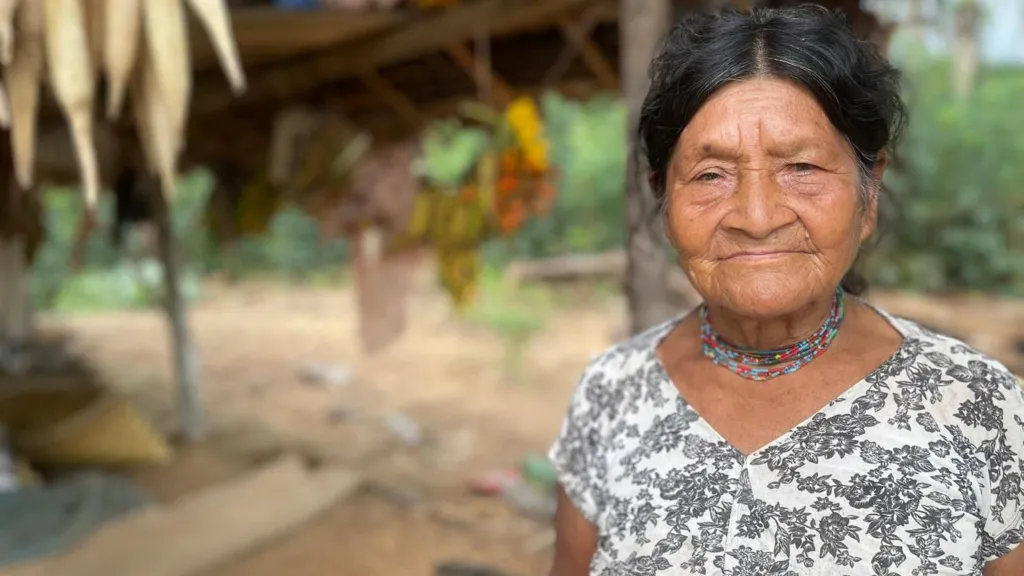The Amazon Rainforest, often referred to as the lungs of the Earth, is facing a severe health crisis as indigenous communities struggle to survive in the face of environmental degradation and inadequate healthcare. The encroachment of illegal mining, deforestation, and climate change has not only threatened the biodiversity of the region but also the health and well-being of its indigenous inhabitants.
Many of these communities are isolated and lack access to basic healthcare services, making them vulnerable to diseases and malnutrition. “We are witnessing a humanitarian crisis in the Amazon,” a health worker explained. “These communities are being pushed to the brink, and their survival is at risk.”
The situation has been exacerbated by the COVID-19 pandemic, which has further strained the limited resources available to these communities. The spread of the virus in remote areas has highlighted the urgent need for improved healthcare infrastructure and support.
Environmental degradation has also had a direct impact on the health of indigenous peoples. The destruction of the rainforest has led to the contamination of water sources, reduced food availability, and increased exposure to environmental toxins. “Our way of life is being destroyed,” one community leader lamented. “We are fighting to protect our land and our people, but the challenges are immense.”
The plight of the Amazon’s indigenous communities is a stark reminder of the interconnectedness of environmental health and human health. As the world continues to grapple with the consequences of climate change and environmental destruction, the need to protect and support these vulnerable populations has never been more urgent.


